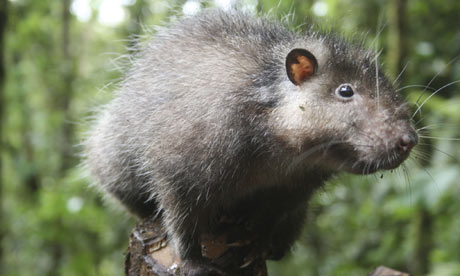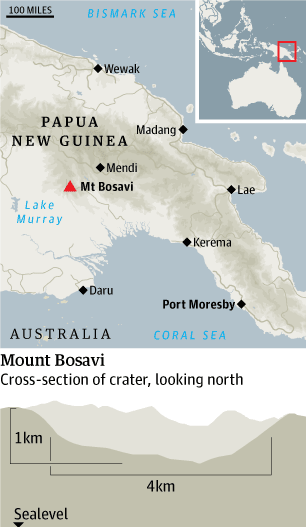VENICE, Italy (AFP) – Hugo Chavez stole the show at the Venice film festival Monday as he paid a surprise visit for the screening of veteran US director Oliver Stone's documentary on the Venezuelan president.
The leftist leader was expected to walk down the red carpet at around 5:00 pm (1500 GMT) to attend the official screening of "South of the Border", a look at Chavez's role in the bottom-up change sweeping South America.
Reports began to circulate last week that Chavez would make an appearance, which appeared increasingly likely when a large delegation of Venezuelan officials and a few military men were spotted on the Lido, the festival's outlying island venue, on Sunday.
Chavez, stopping off from a world tour that has taken him to Asia, Africa and Europe, does not give details of his private visits for security reasons.
Through a series of interviews interlaced with footage from US media and official statements, Stone's documentary is out to show that Chavez is not "public enemy number one" as so often depicted on US media outlets such as Fox News.
The Oscar-winning director tells the story of Venezuela's "peaceful revolution" since Chavez came to power in 1998, and how Venezuela's transformation has had knock-on effects in the rest of the continent.
The film, which is being shown out of competition at the 66th Mostra, was enthusiastically applauded at the press showing on Sunday.
Making the documentary was a "liberating experience," Stone told a news conference on Monday.
In an attempt to counter "the media's attacks on Chavez, the movie shows very clearly the level of stupidity in the kind of broad statements" that are made about the Venezuelan leader, he said.
"We saw the sweeping change in the region, which is a very important historical phenomenon that is not talked about," said Stone, 62.
"There are many problems still, but it's a wonderful change that's happened since 2000," he added. "Social improvement has been extreme in Venezuela... the poverty rate has been cut in half, this is admitted by the World Bank."
"In South America you have social movements from below," said Tariq Ali, who wrote the screenplay.
When leaders such as Bolivia's Evo Morales, Brazilian President Luiz Inacio Lula da Silva, Paraguay's Fernando Lugo and Chavez "win elections and they actually start helping people, that surprises Europeans and North Americans because they're not used to that," Ali said.
Stone, 62, interviews each of these leaders, all of whom came from the bottom rungs of society, in "South of the Border."
For his admirers, Chavez, who grew up in a peasant family, is an emblematic figure of bottom-up change, says Stone, who directed the 2003 film "Comandante" about Cuba's Fidel Castro and the Central America war movie "Salvador" in 1986.
Interviewed by Stone, Argentine President Cristina Kirchner says in the film: "It is the first time in history that the leaders of so many countries look like the people they govern."
The film presents "a movement in South America to a continent (North America) that is unaware of it," Ali said.
"Why has there been so much hostility to Chavez? Because he challenged the Washington consensus, saying that the neo-liberal economy was not in the interests of the poor in South America."
by Gina Doggett

